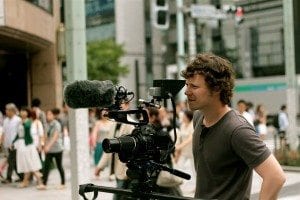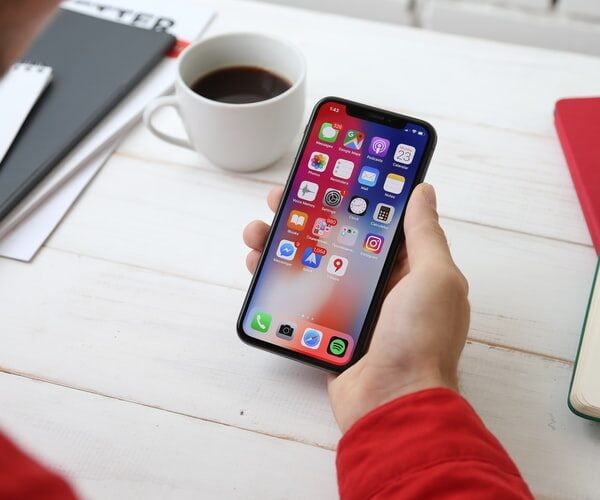Documenting Dokdo
Words and photos by Ben Cowles
Matthew Koshmrl is a twenty-eight year-old documentary filmmaker and master’s degree student at the University of Texas. He is currently working towards completing his feature length thesis film, “Dokdo.”

1) How soon after arriving in Korea did you hear about Dokdo?
Almost immediately. From 2009 to 2012, I was teaching English in Daegu, and one of my middle school classes mentioned something about Dokdo in the textbook. I was totally ignorant of the situation, but my students explained to me that people are very passionate about it. It seemed very sensationalized, at least in the curriculum of my hagwon, and I didn’t really understand the context of it at all.
2) Why did you want to come back and make a film about it?
Dokdo seems to be a very sensitive issue to most people in Korea. I think it’s very interesting how through the generations, Dokdo is still a strong issue regardless of things like class or age.
3) I’ve heard Dokdo is a difficult place to visit. How was it getting there?
It’s a six-hour journey from the mainland and you’re only allowed to stay there for thirty minutes. Even then, they have a cement pier that you walk on; you never actually step foot on the island. I was able to go with a woman who had lived there for 17 years and had special permission from the government because she was a former resident, so we were able to film there for about six hours.

4) Where else has the filming taken you?
We’ve been to Ulleungdo, which is just incredible. Daegu has kind of been our base camp. We’ve traveled to Seoul, Suwon, Ilsan, Gwangju in Gyeonggi-do, Namwon in Jeollanam-do, and we’ve traveled to Busan to go to Japan. We’ve kind of made our way all around Korea.
5) Is your film going to take a political stance on the islands?
No, not really. It’s going to be more observational, I guess than a traditional kind of documentary. The type of film that I enjoy making is kind of the cinéma vérité style, where there’s no narration, there’s no kind of position or any of that. It will just be following the perspectives of these people that I’ve chosen to follow.
I think it’s much more interesting than just “Who does Dokdo belong to?” It’s more about identity and why these people in Korea are dedicating their lives to advocating for Korea’s claim to the islands.

6) Who has been the most interesting subject in the filming so far?
One of the people we’ve been following is Gwang-min, a North Korean escapee. In his free time, he volunteers and advocates for the Korean sovereignty of Dokdo with an organization that gets a lot of funding from the government. We followed him at his high school and went to Seoul with him as he was campaigning outside of Gangnam Station. So it’s been really interesting seeing his life and his perspective on it, and hearing why he’s invested in Dokdo.
7) Why do you think so many people here have the islands tied up in their identity?
I think that it’s different for different people. Most of the people I’ve been following have been personally affected by the Japanese occupation directly through relatives. With Gwang-min, his grandfather fought for the South Korean side in the civil war. So, he feels it’s the only way he can still fight for a piece of Korean land, like his grandfather. With Byeong-man, another one of my subjects, his father was put into a forced labor camp for 20 years during the Japanese occupation.
8) What kind of viewers are you targeting?
I definitely do want the main audience to be in this region of the world. But, I also think the fact that Dokdo is a land dispute, and it seems like it’s a purely ideological one, I think that really connects and transcends the islands themselves. So hopefully that will speak to wider audiences than just in Korea.

9) When can we see it?
Hopefully by June 2015. Right now, and we’re only 60% done with the shooting, I have around 300 hours of footage and I’m probably going to end up with at least another 250 hours. So it’s going to take a long time to go through all the footage and edit it.
10) What has the experience of making this film been like for you?
I’m incredibly impressed by how accommodating Korean people are. When we were filming Gwang-min, we didn’t have a place to stay. One of the women who worked in the school cafeteria asked if we wanted to stay at her place. She and her husband were the nicest, most accommodating people. They made food for us, we drank a lot of soju, and had an impromptu noraebang with them. It was one of the greatest experiences of this shoot. It’s been a great experience.






